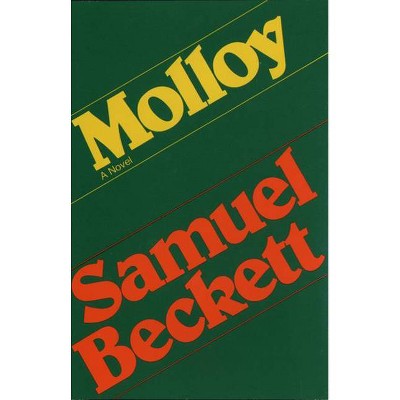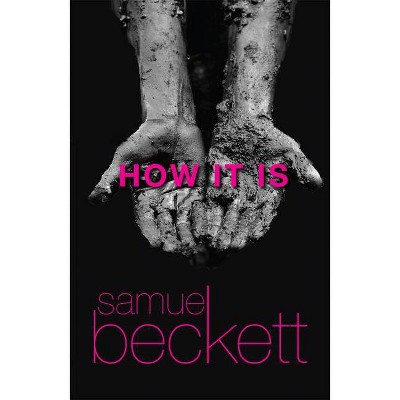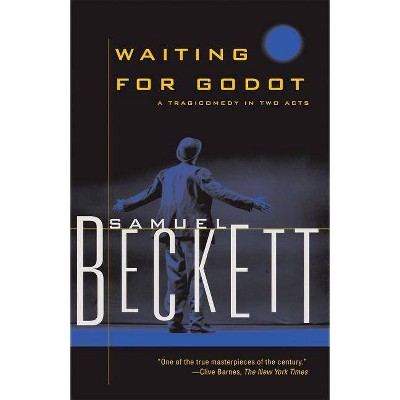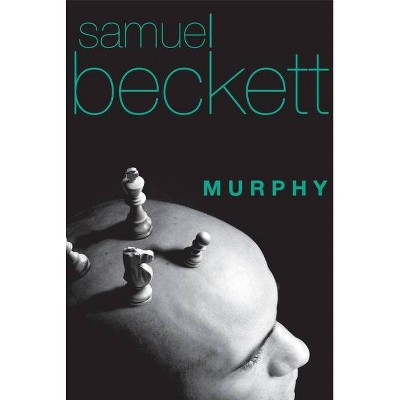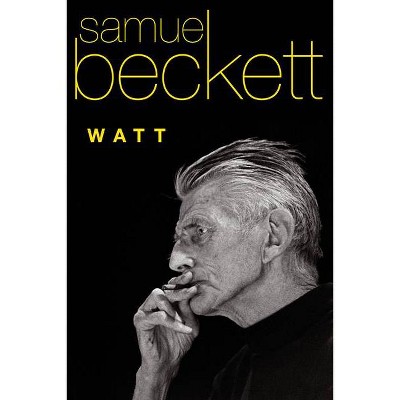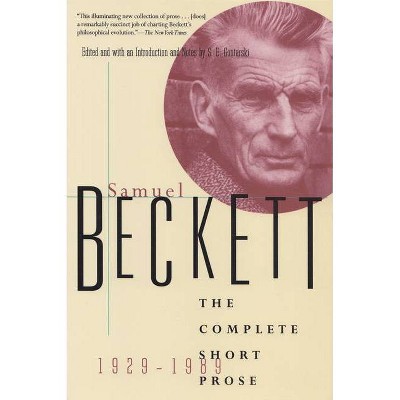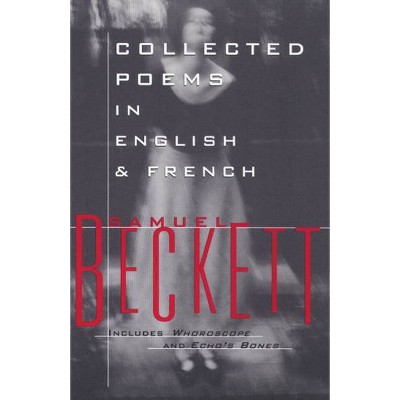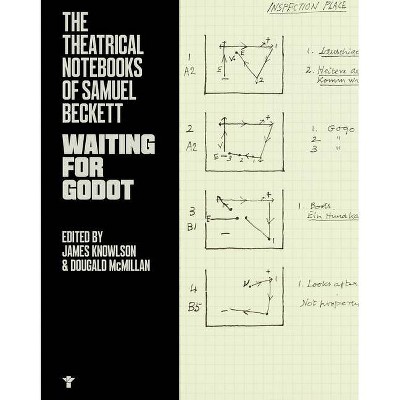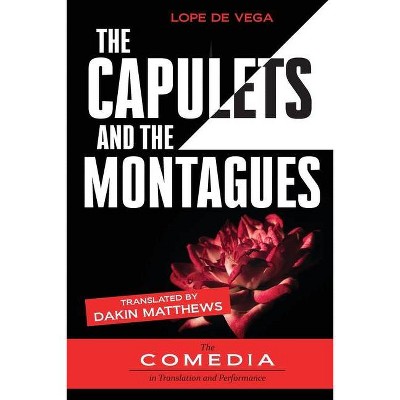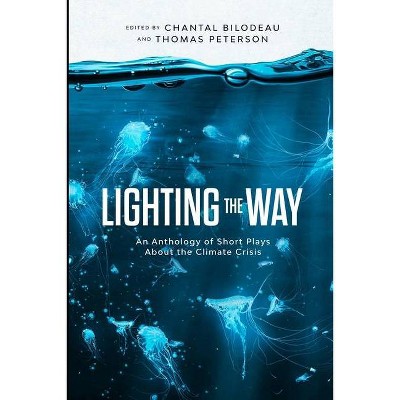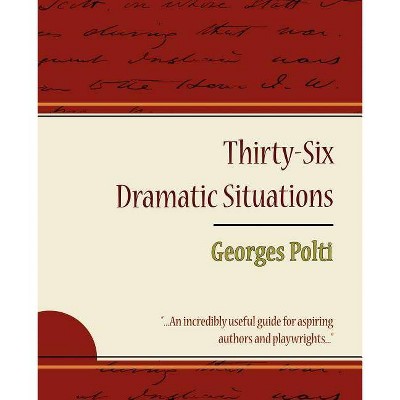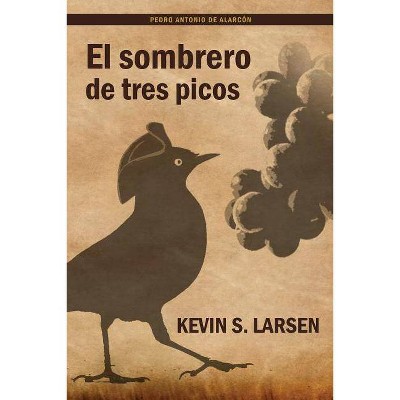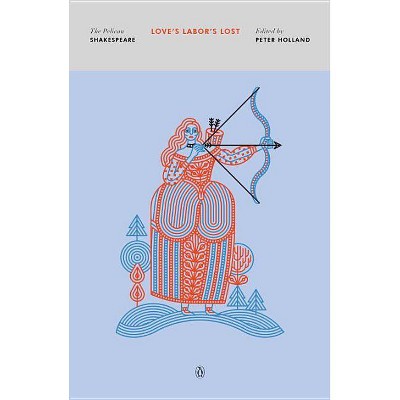Happy Days - by Samuel Beckett (Paperback)
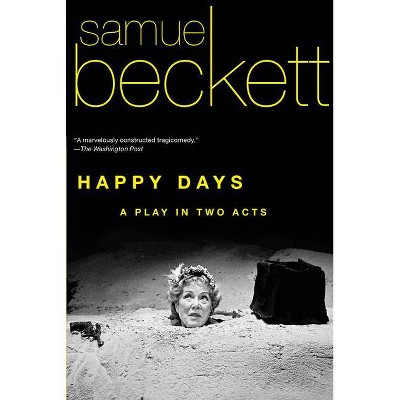
Similar Products
Products of same category from the store
AllProduct info
<p/><br></br><p><b> About the Book </b></p></br></br>Original copyright 1961. Copyright renewed 1989.<p/><br></br><p><b> Book Synopsis </b></p></br></br>In <i>Happy Days</i>, Samuel Beckett pursues his relentless search for the meaning of existence, probing the tenuous relationships that bind one person to another, and each to the universe, top time past and time present. Once again, stripping theater to its barest essentials, <i>Happy Days</i> offers only two characters: Winnie, a woman of about fifty, and Willie, a man of about sixty. <p/>In the first act Winnie is buried up to her waist in a mound of earth, but still has the use of her arms and few earthly possessions--toothbrush, tube of toothpaste, small mirror, revolver, handkerchief, spectacles; in the second act she is embedded up to her neck and can move only her eyes. Willie lives and moves--on all fours--behind the mound, appearing intermittently and replying only occasionally into Winnie's long monologue, but the knowledge of his presence is a source of comfort and inspiration to her, and doubtless the prerequisite for all her "happy days." <p/><p/><br></br><p><b> About the Author </b></p></br></br>Samuel Beckett (1906-1989), one of the leading literary and dramatic figures of the twentieth century, was born in Foxrock, Ireland and attended Trinity University in Dublin. In 1928, he visited Paris for the first time and fell in with a number of avant-garde writers and artists, including James Joyce. In 1937, he settled in Paris permanently. Beckett wrote in both English and French, though his best-known works are mostly in the latter language. A prolific writer of novels, short stories, and poetry, he is remembered principally for his works for the theater, which belong to the tradition of the Theater of the Absurd and are characterized by their minimalist approach, stripping drama to its barest elements. In 1969, Beckett was awarded the Nobel Prize in Literature and commended for having transformed the destitution of man into his exaltation. Beckett died in Paris in 1989. <p/>At the age of seventy-six he said: With diminished concentration, loss of memory, obscured intelligence... the more chance there is for saying something closest to what one really is. Even though everything seems inexpressible, there remains the need to express. A child need to make a sand castle even though it makes no sense. In old age, with only a few grains of sand, one has the greatest possibility. (from <i>Playwrights at Work</i>, ed. by George Plimpton, 2000)
Price History
Cheapest price in the interval: 13.79 on October 22, 2021
Most expensive price in the interval: 13.79 on November 8, 2021
Price Archive shows prices from various stores, lets you see history and find the cheapest. There is no actual sale on the website. For all support, inquiry and suggestion messages communication@pricearchive.us

